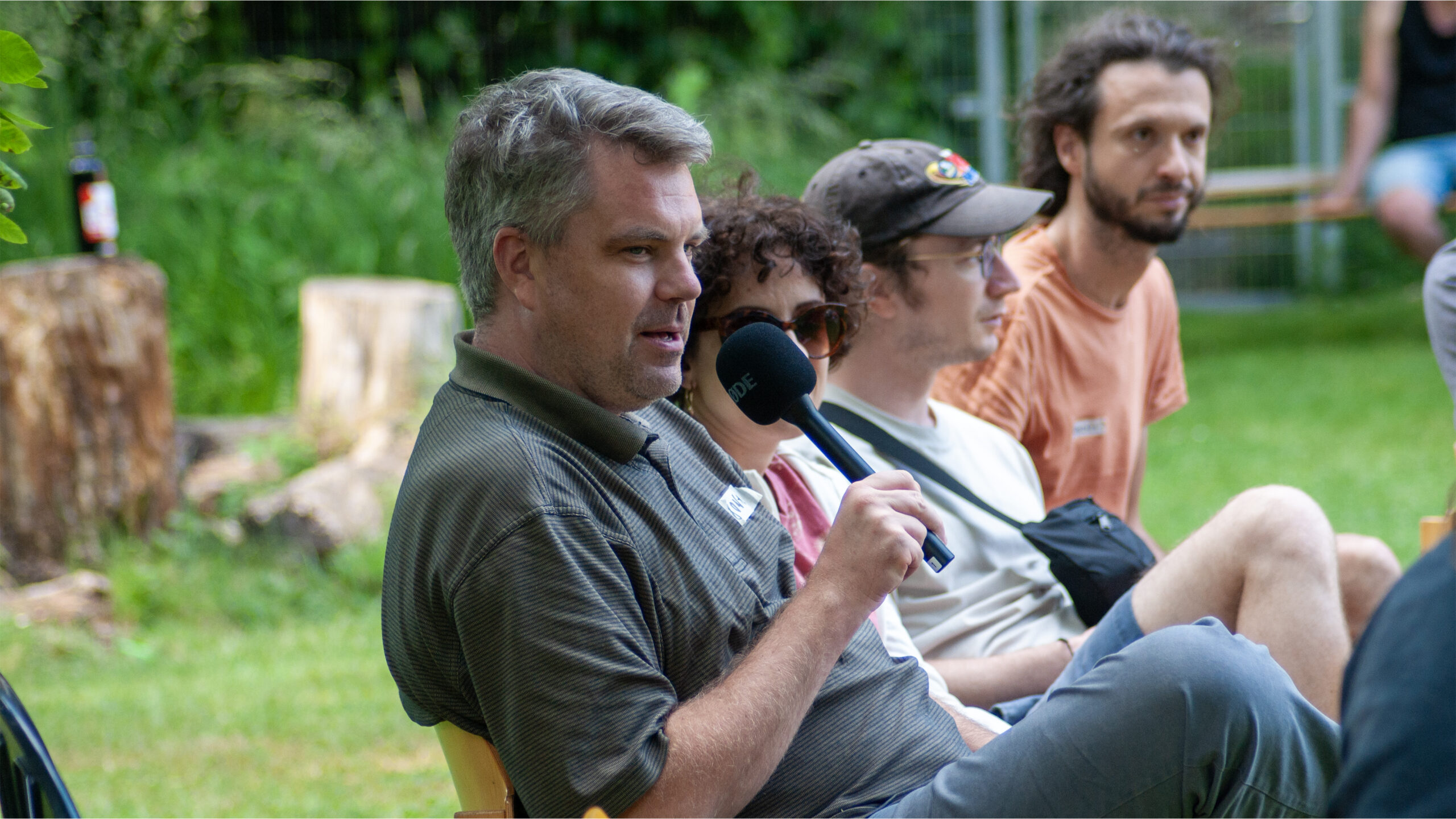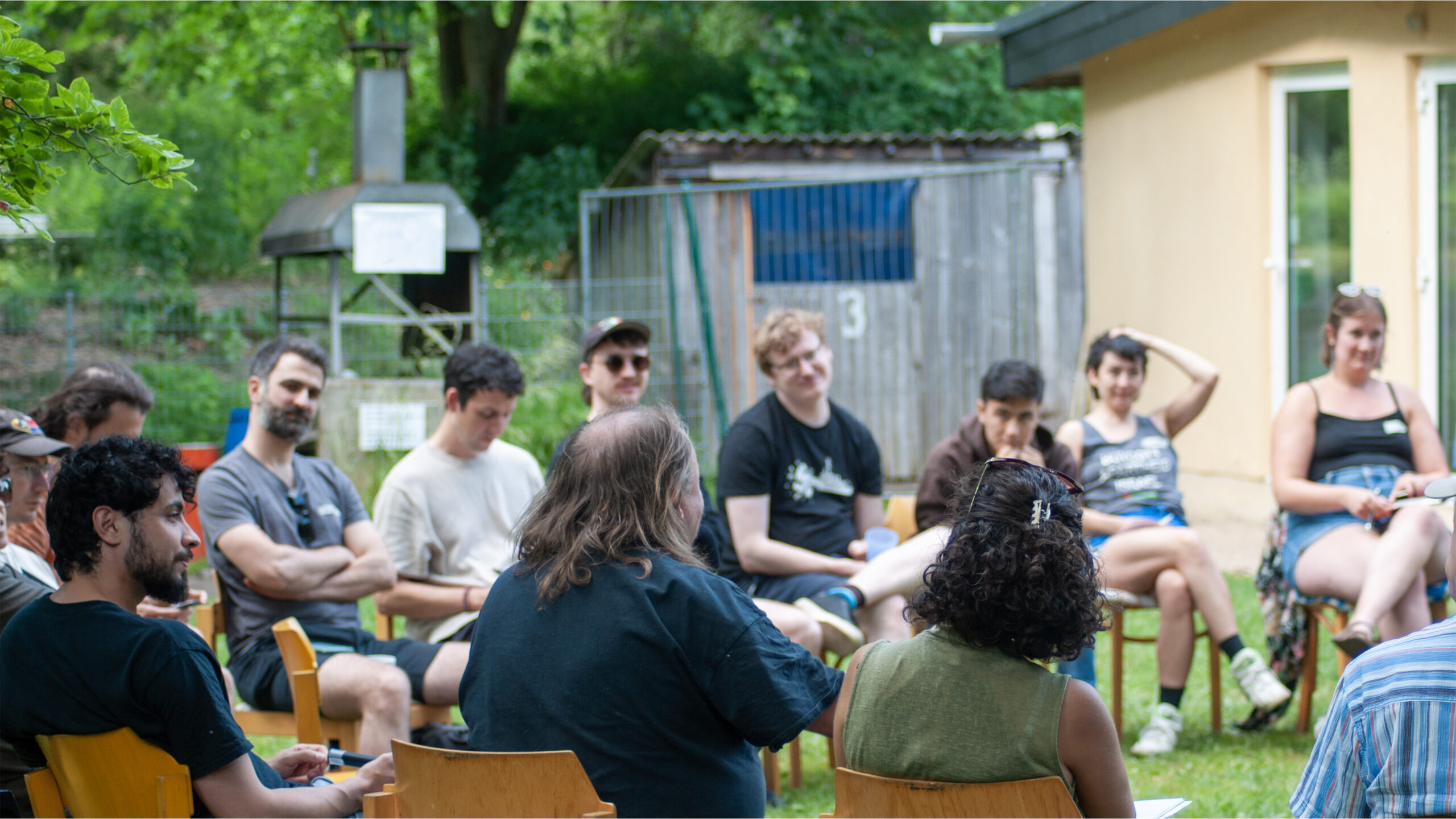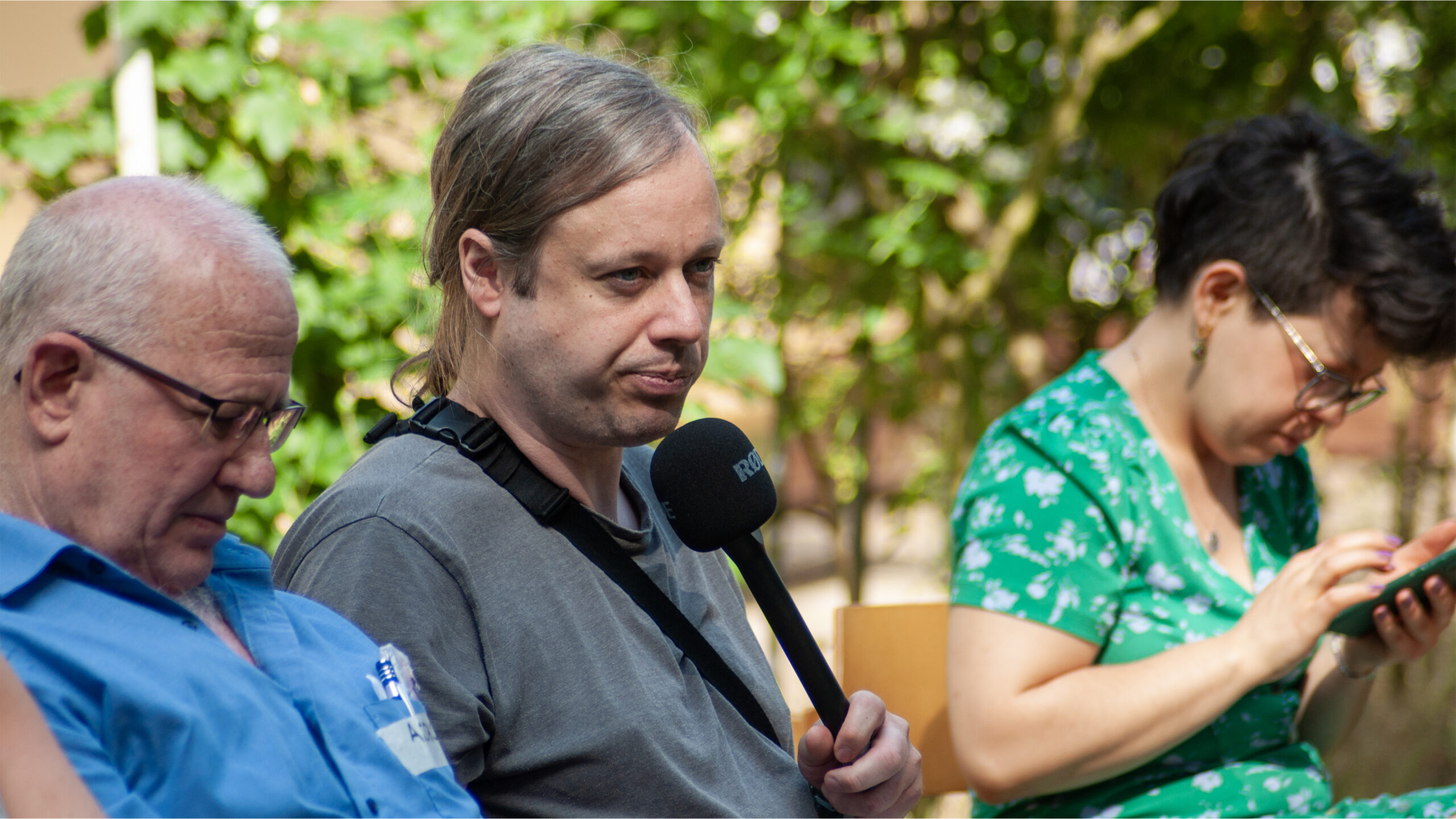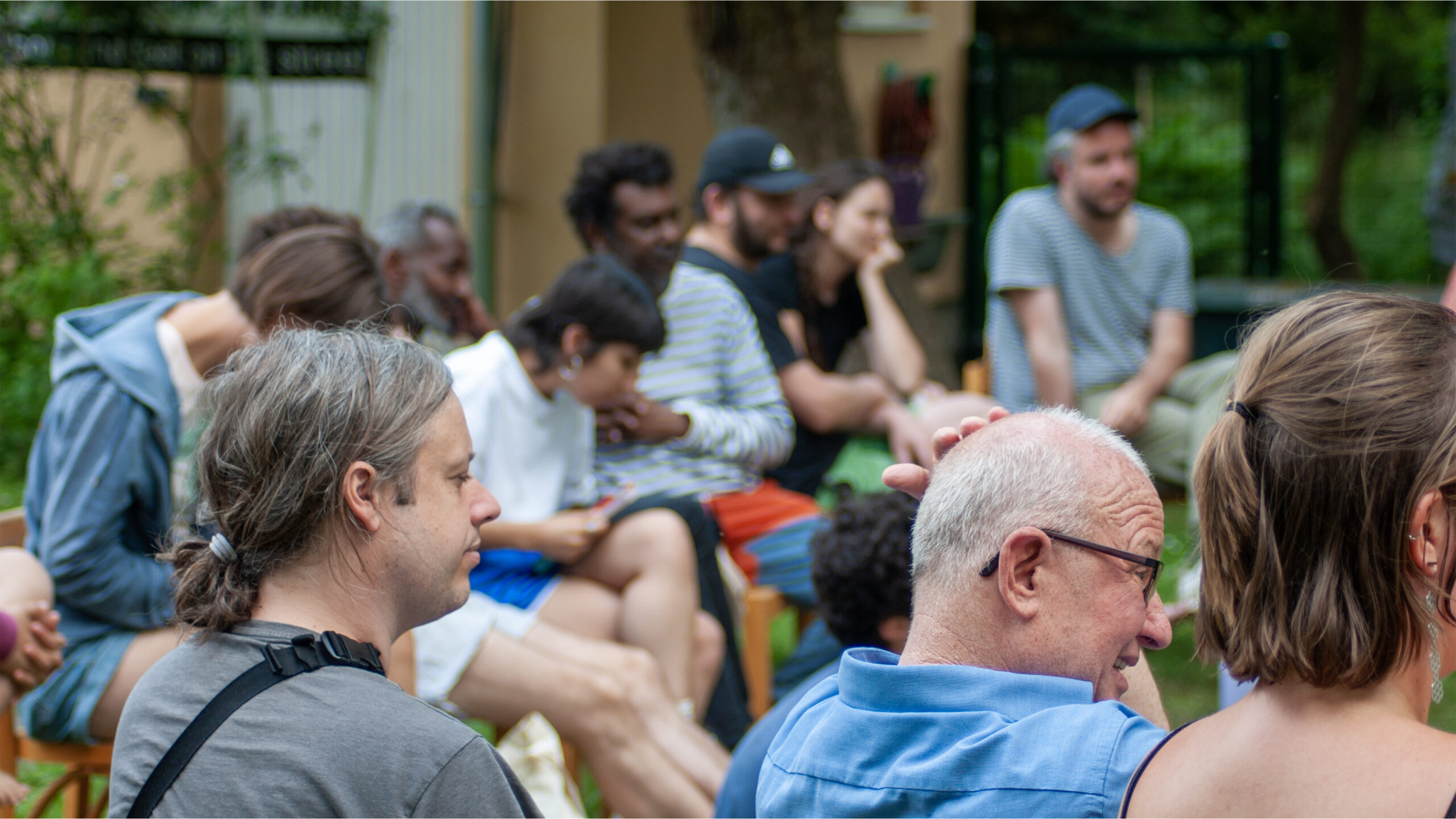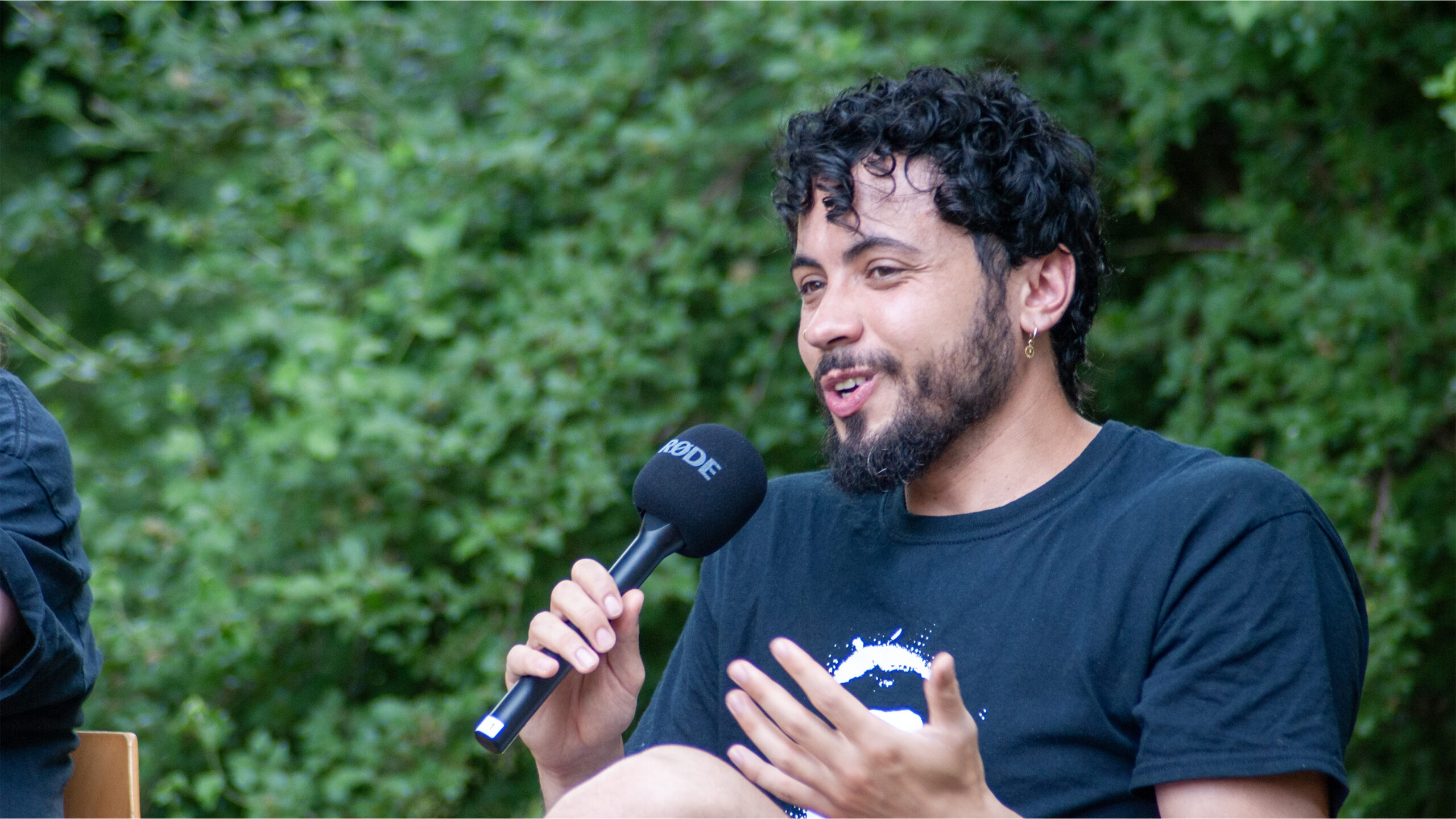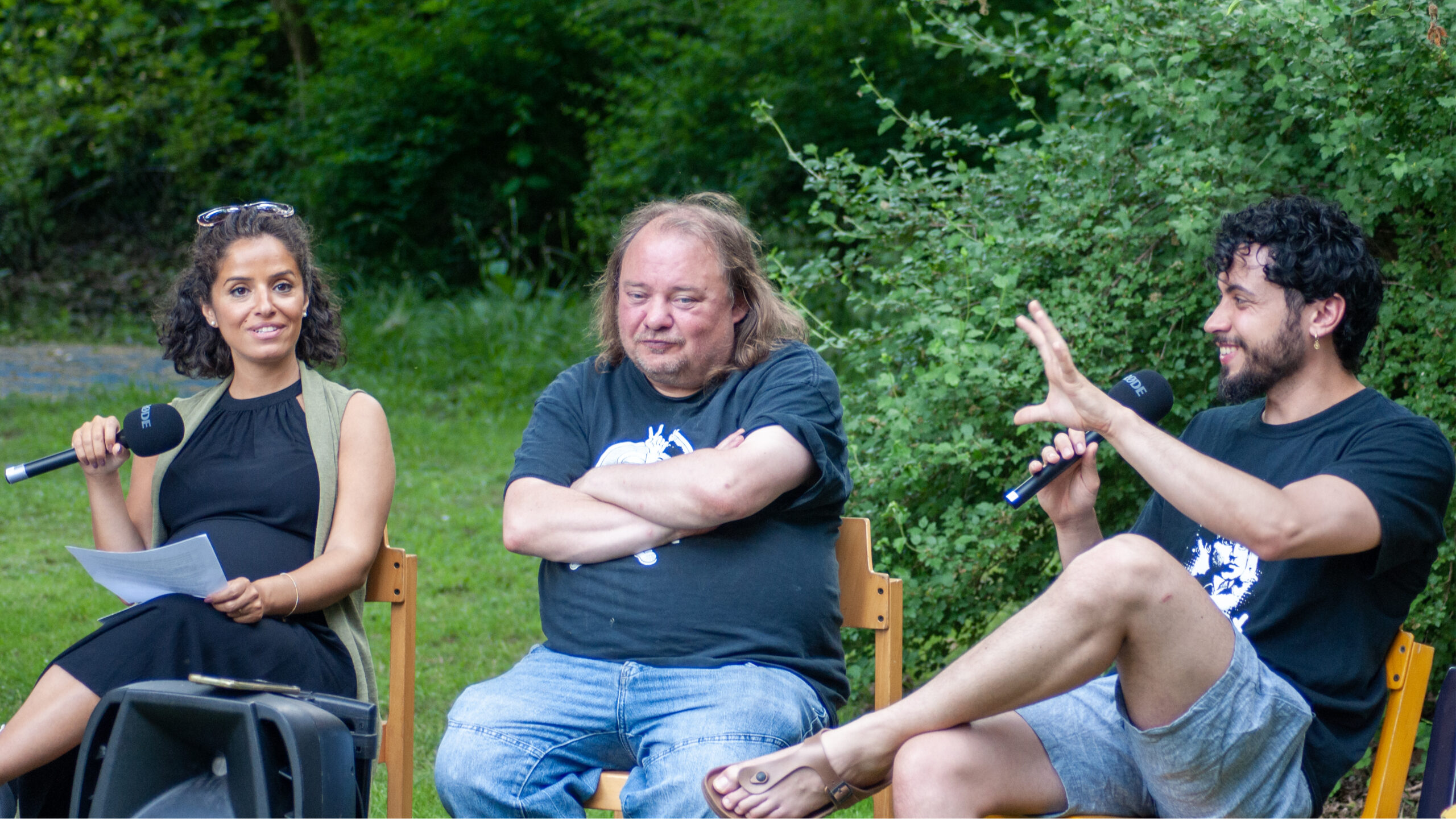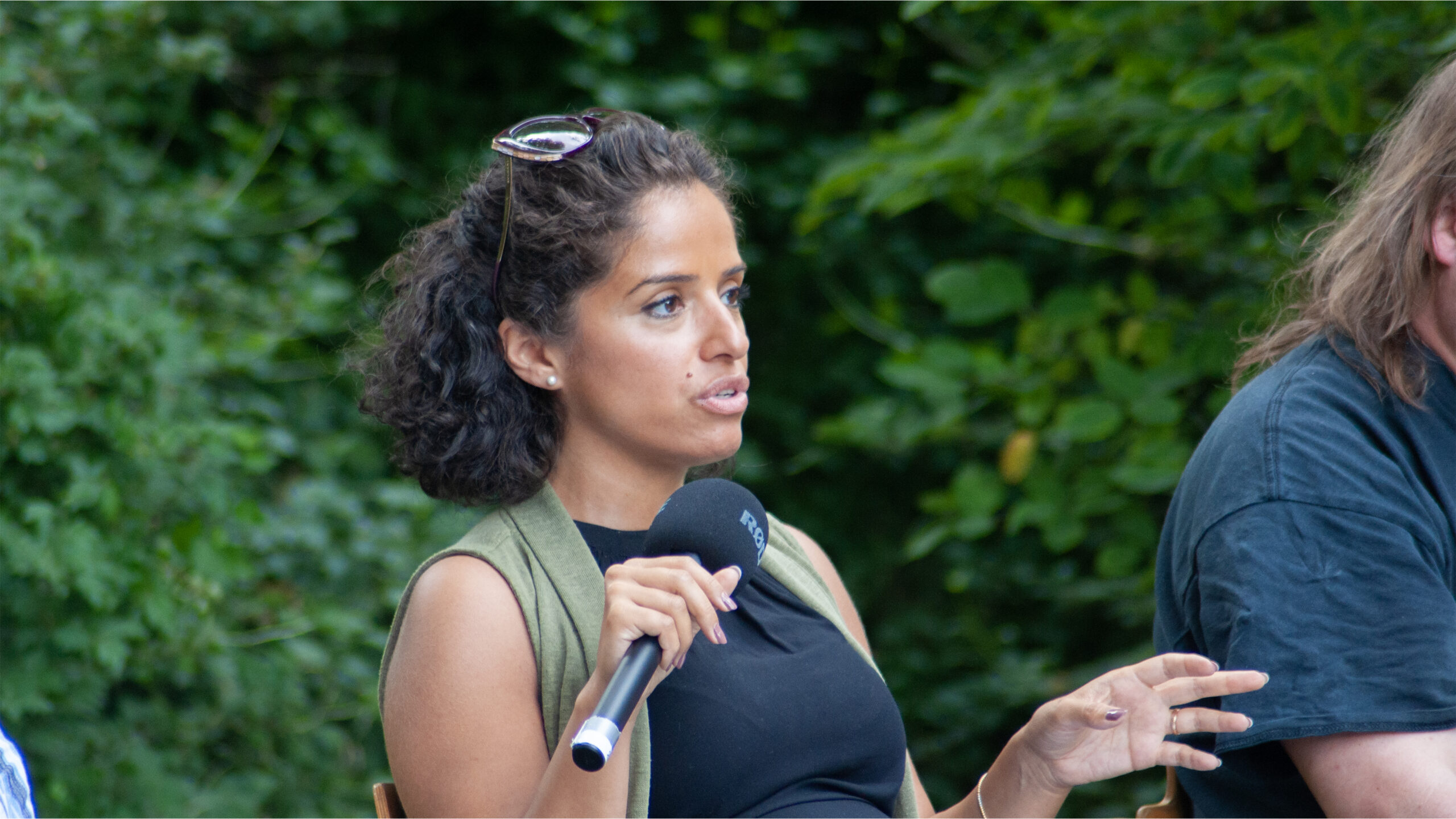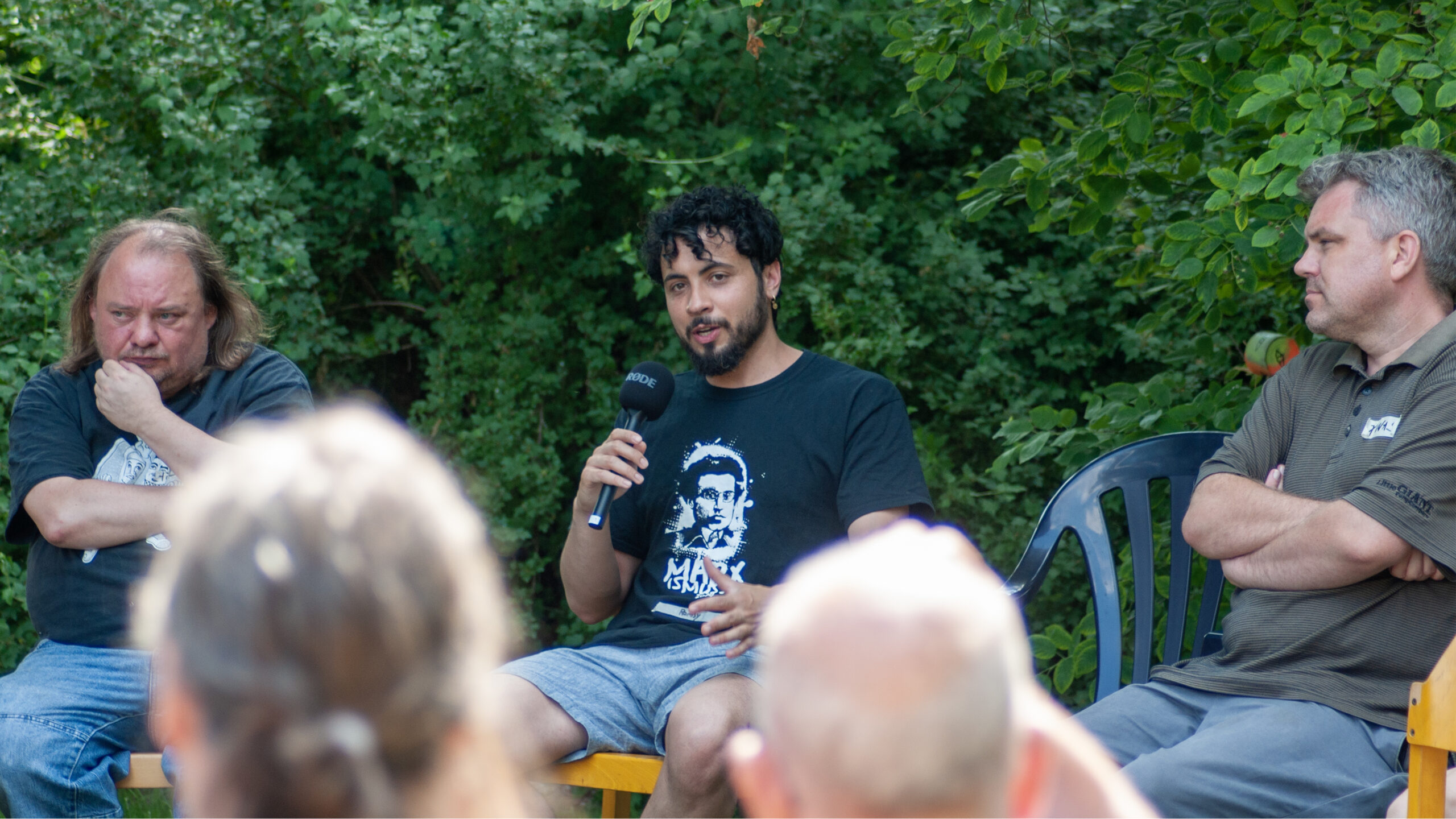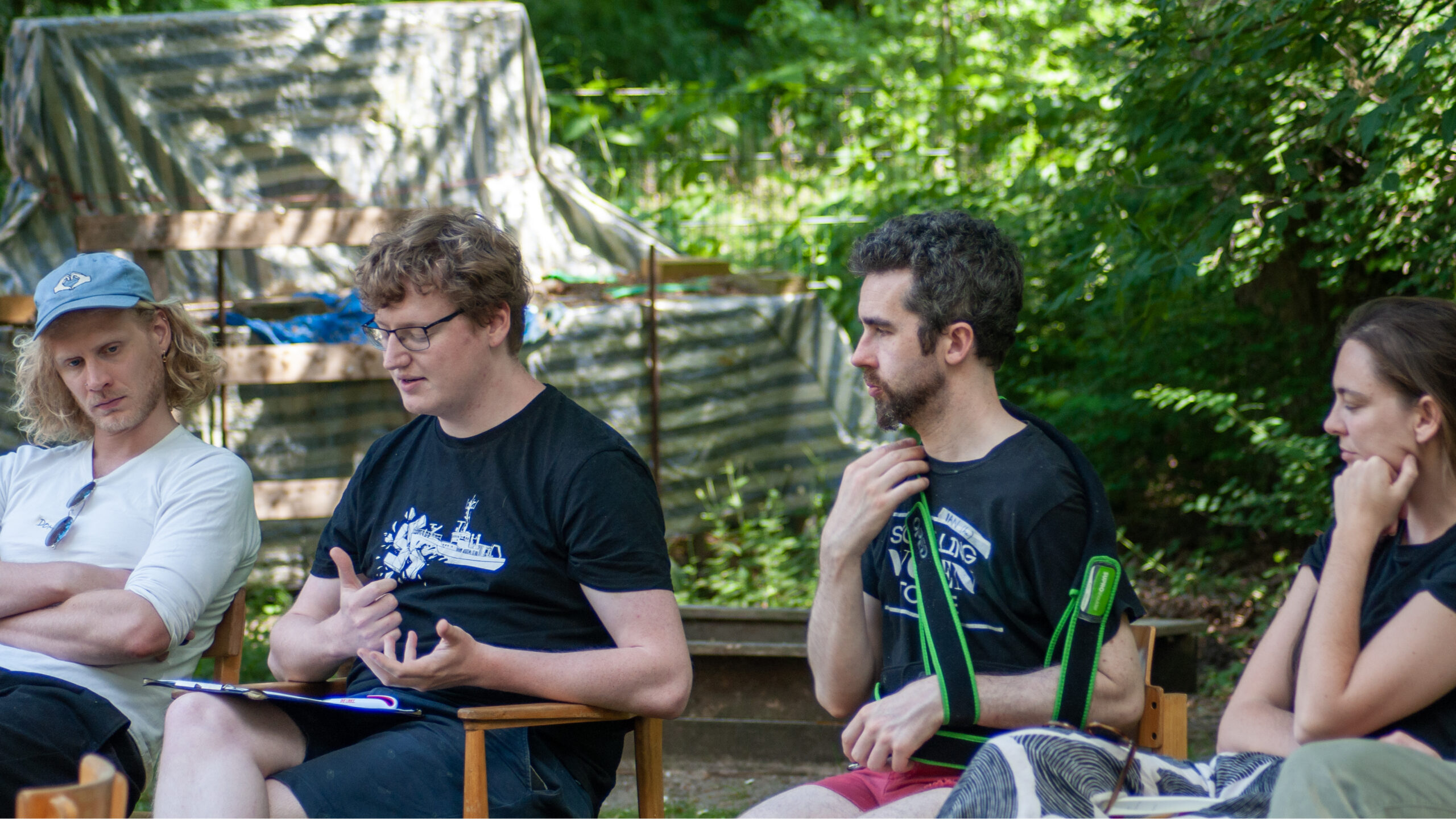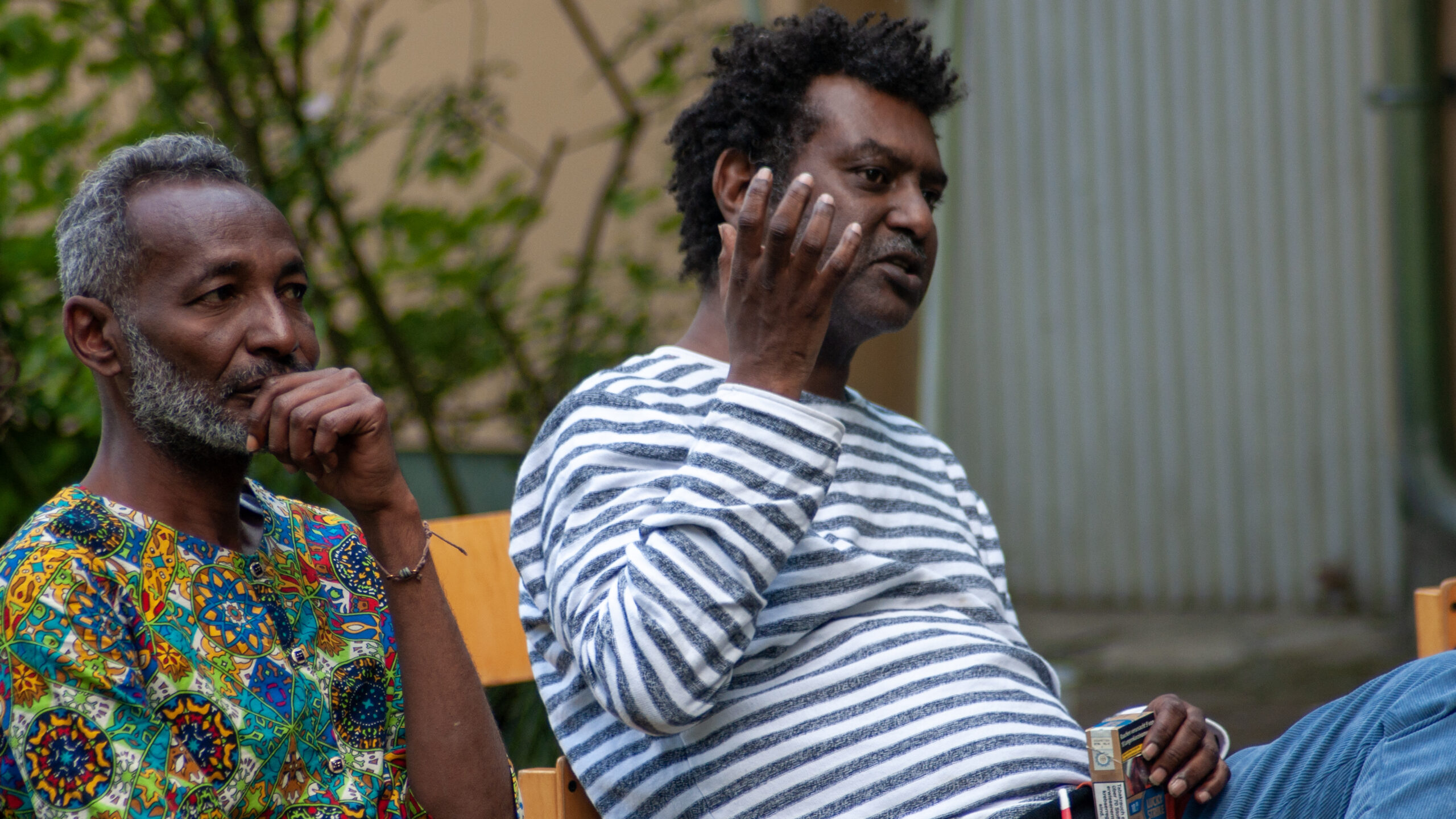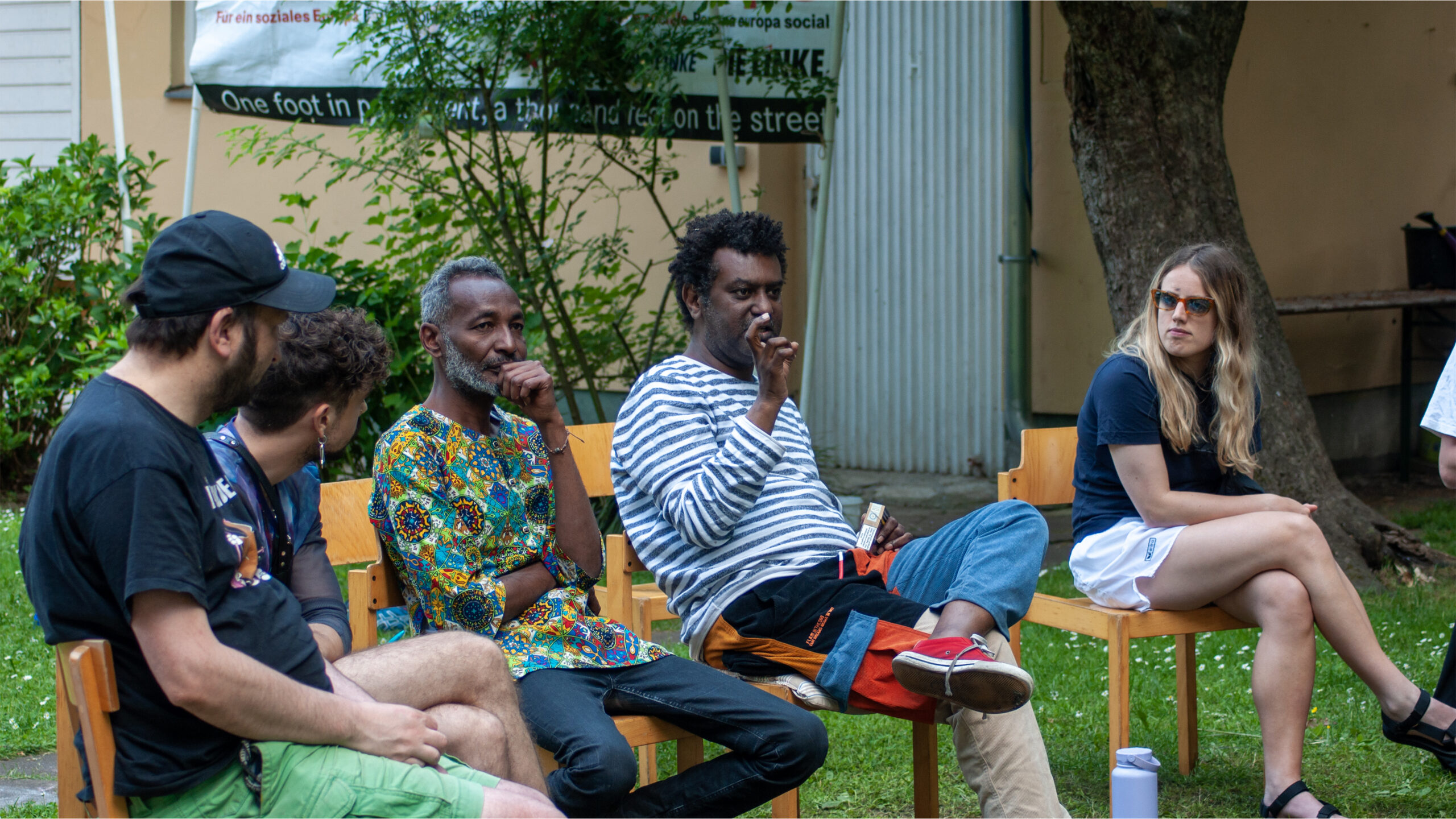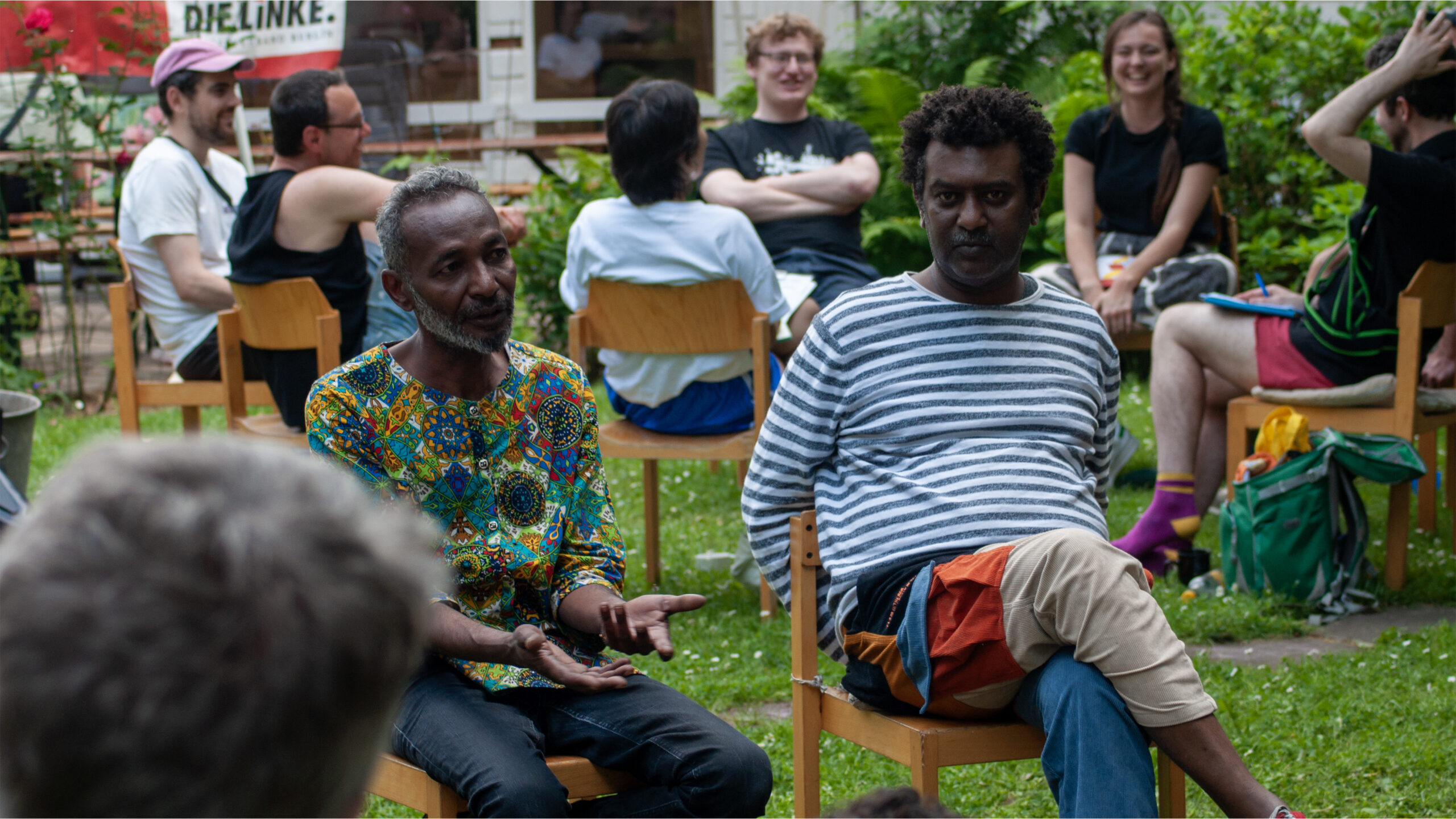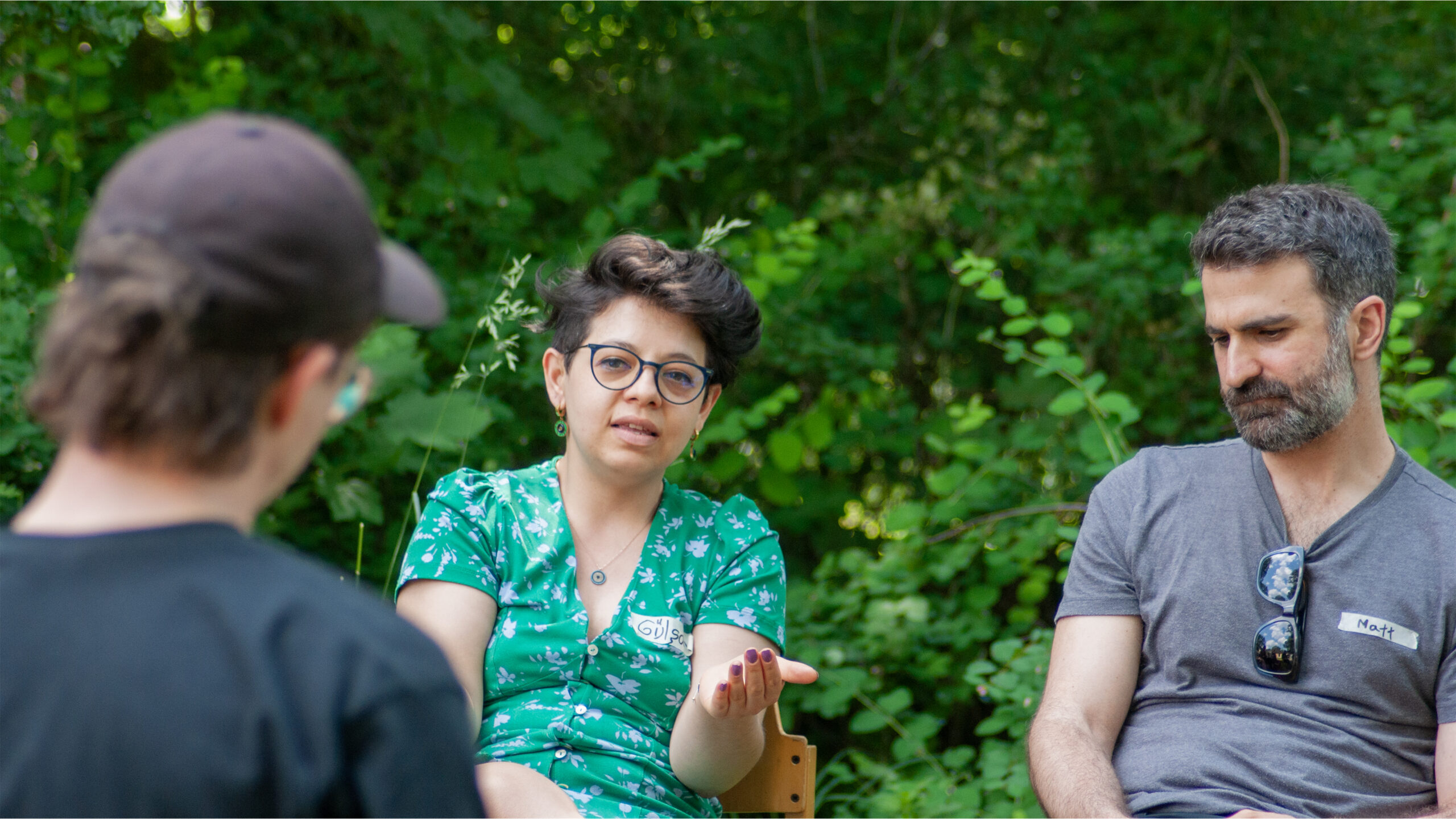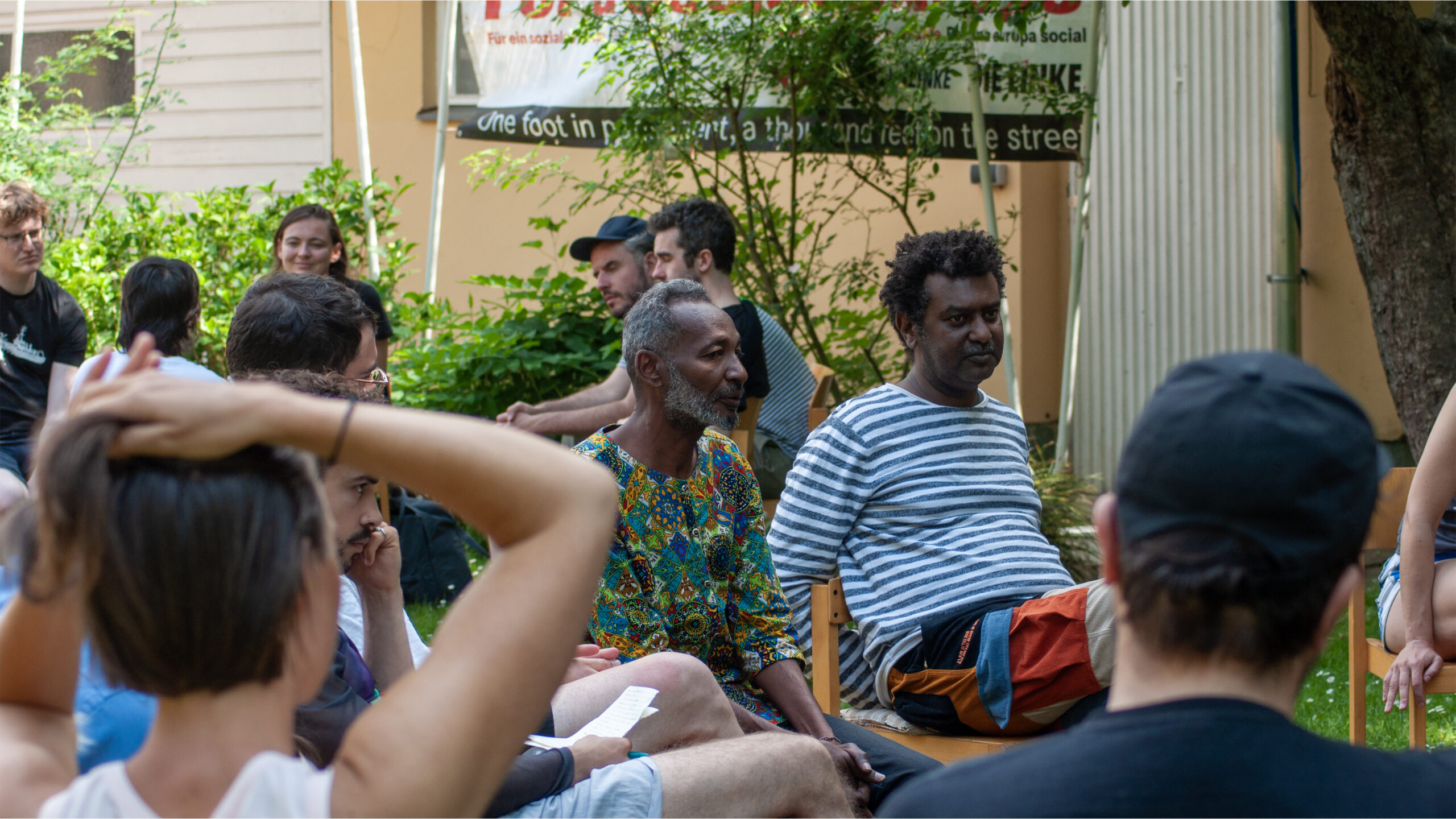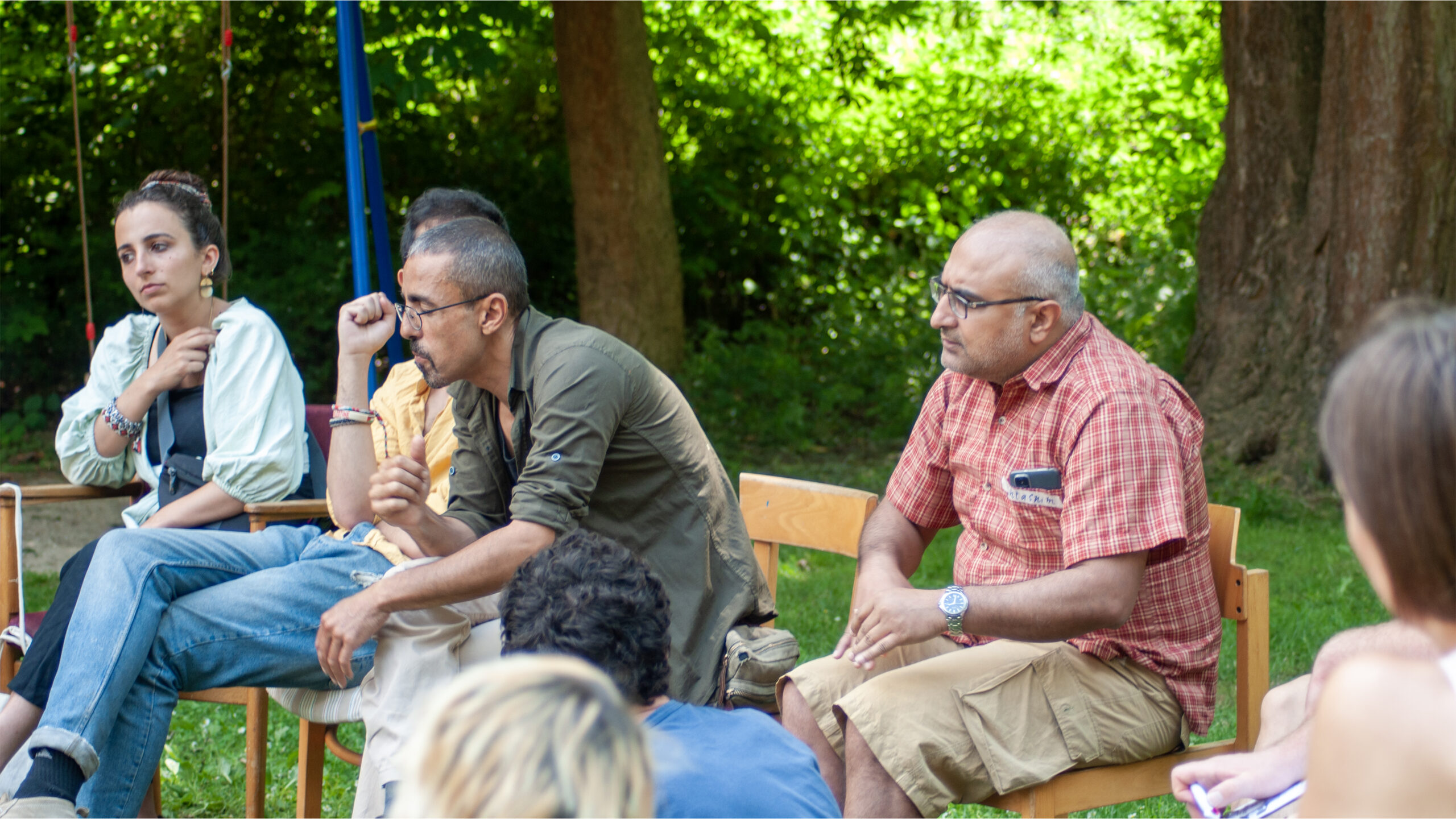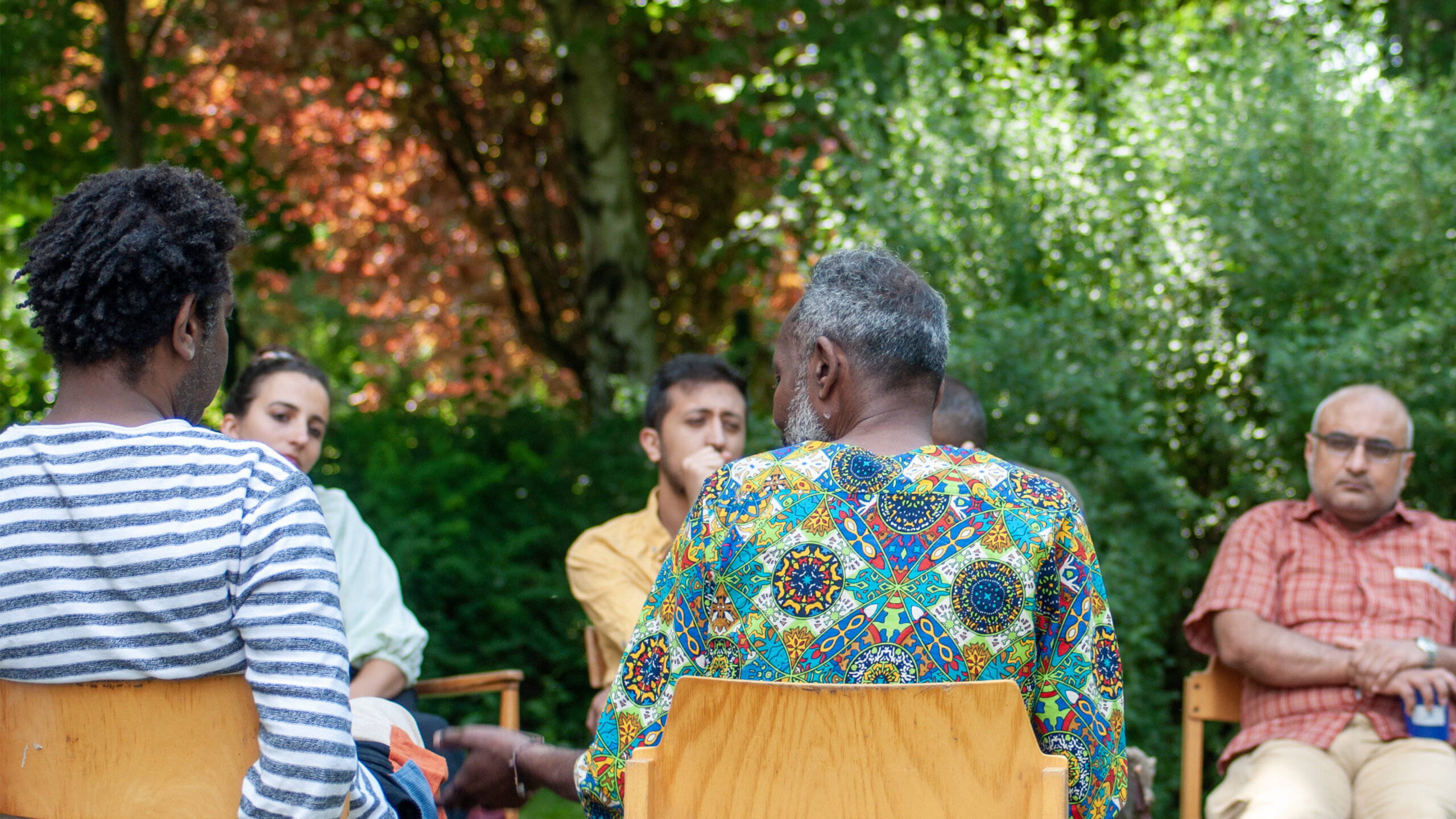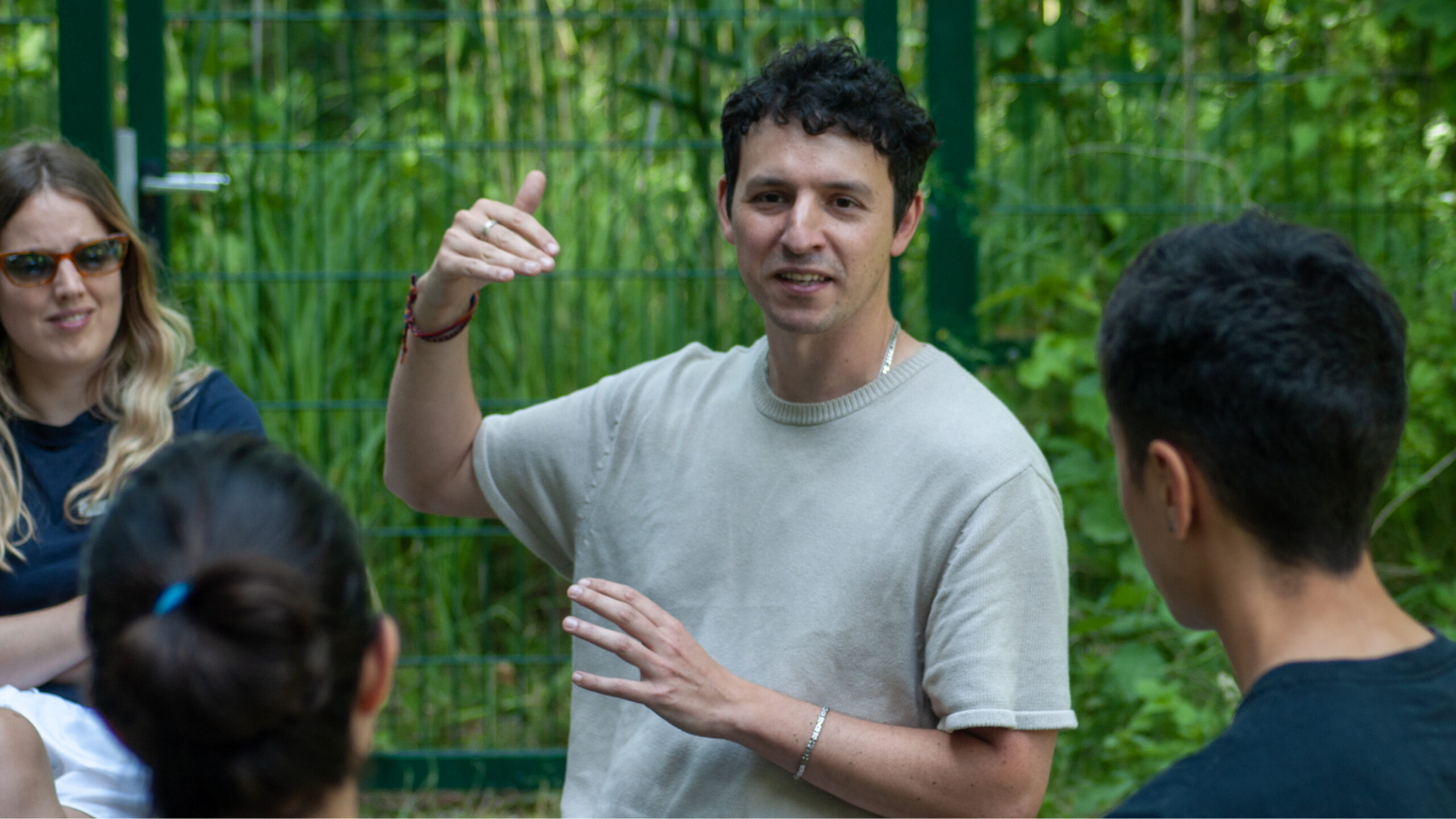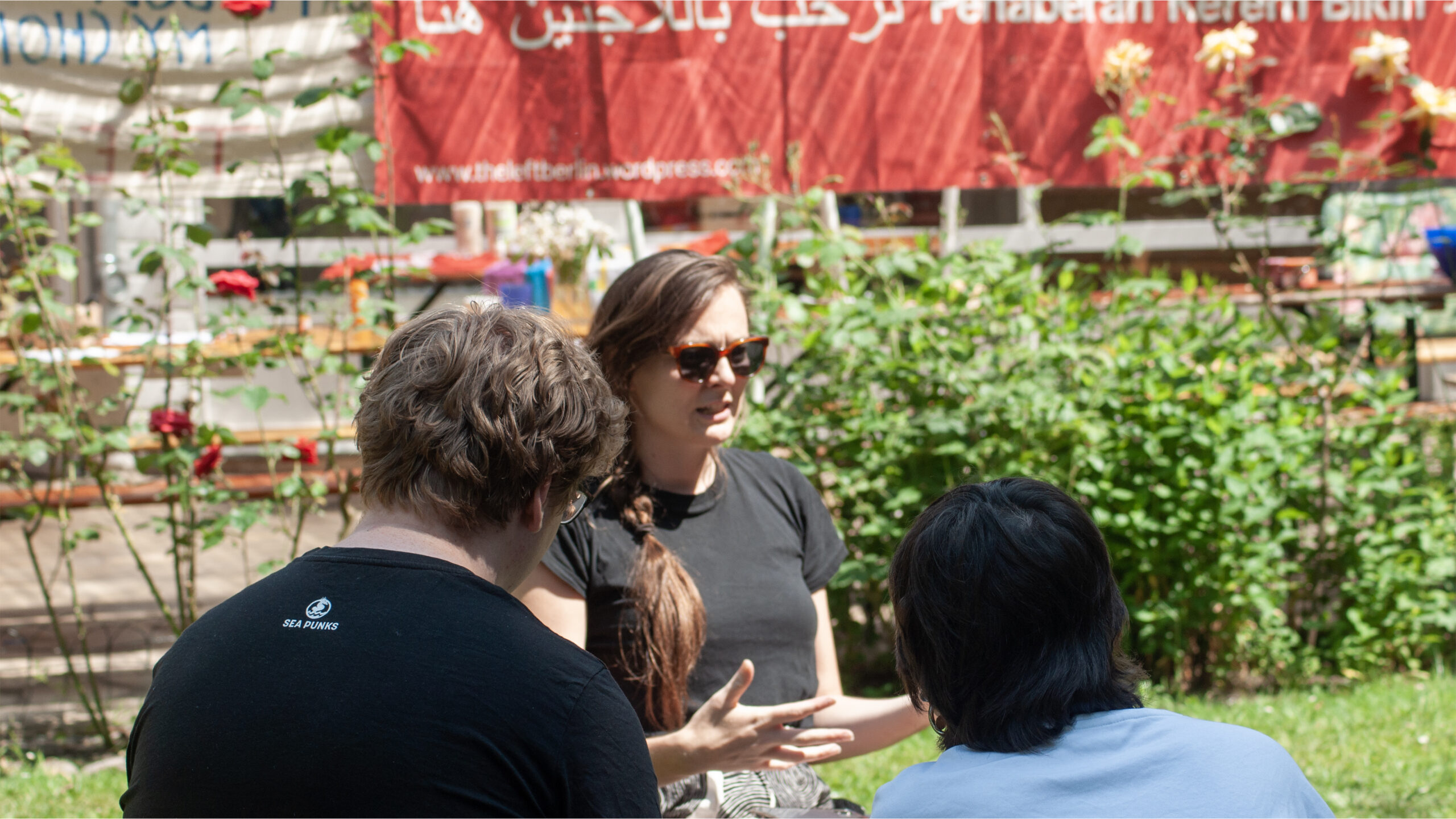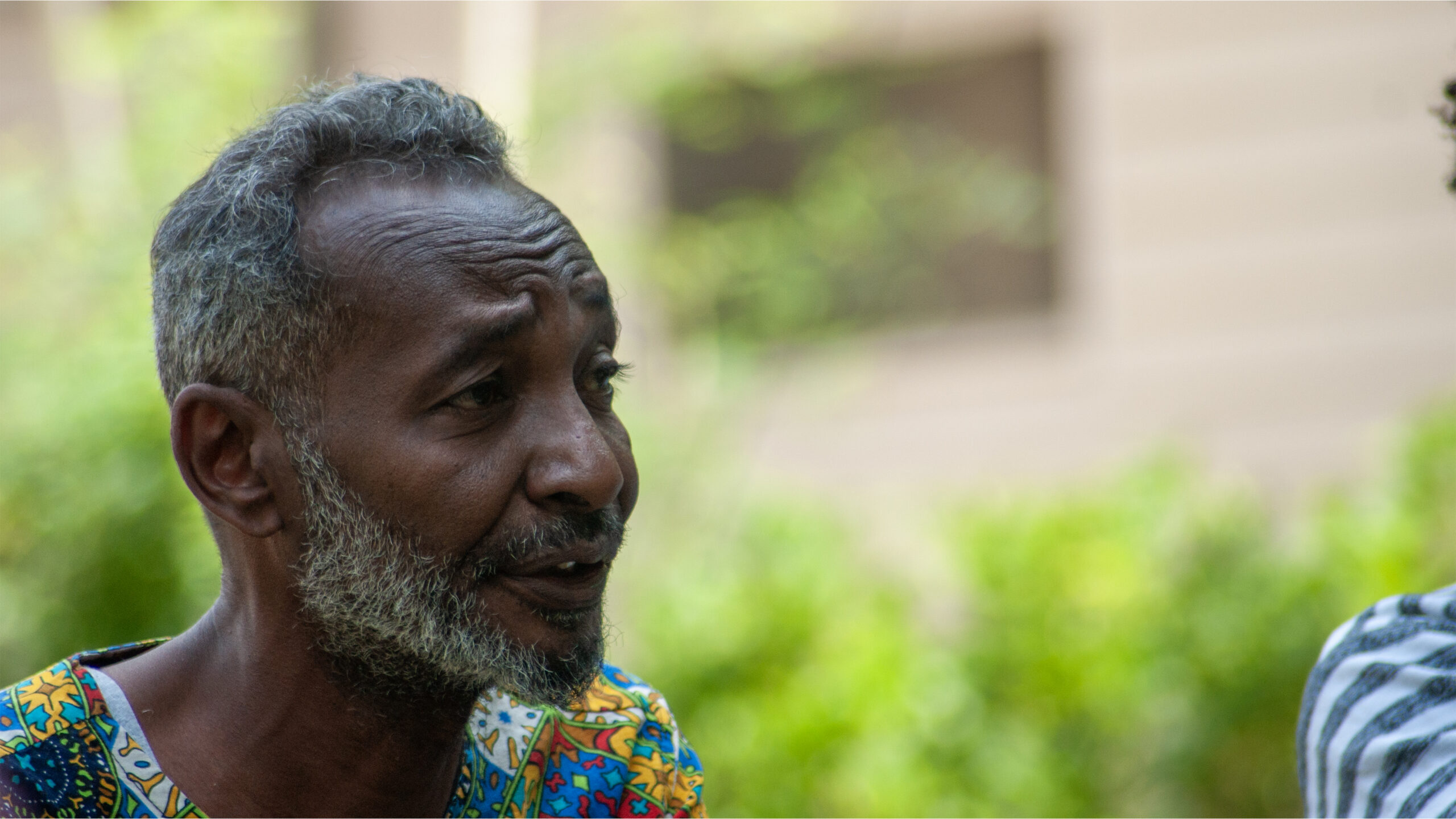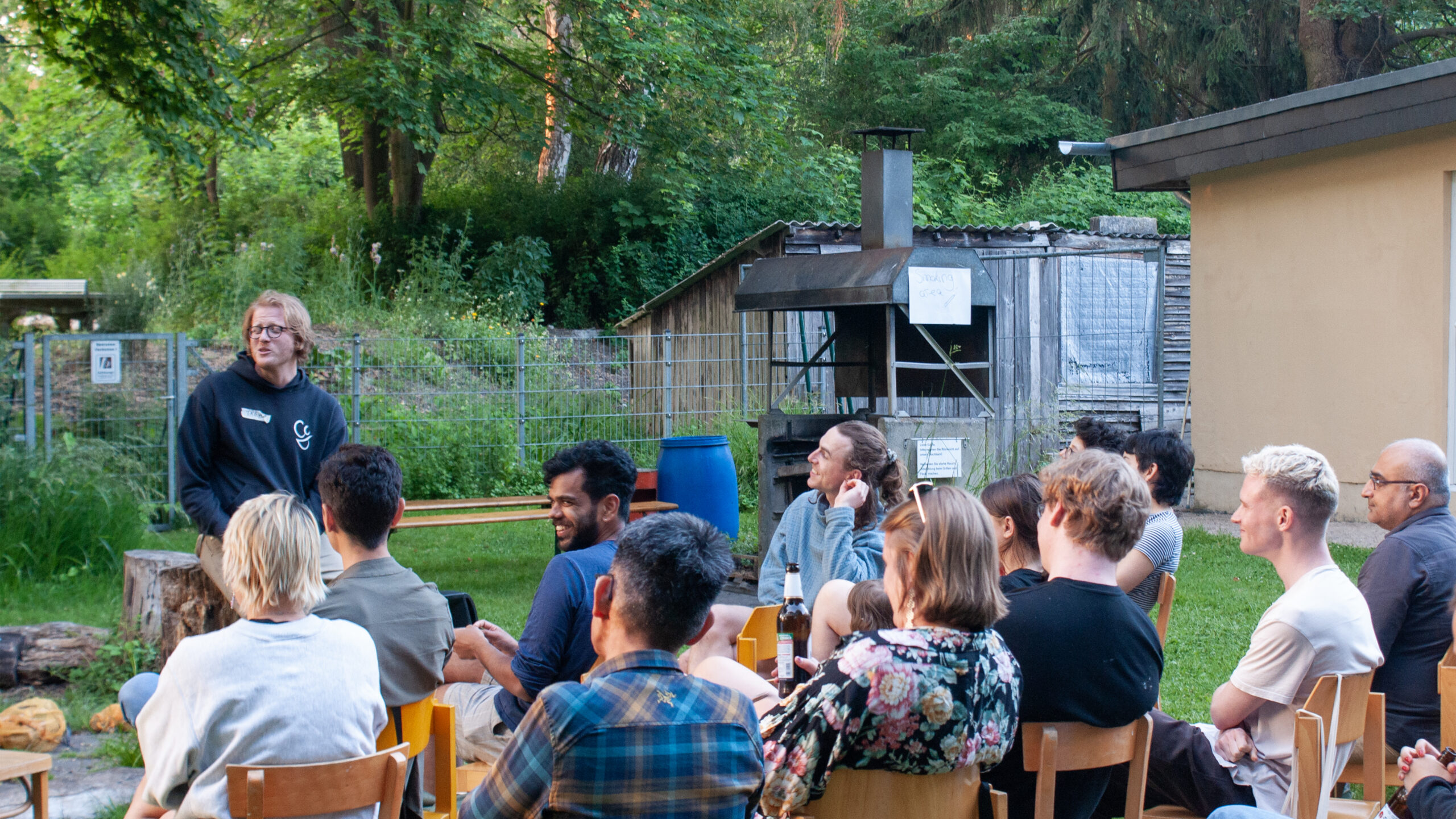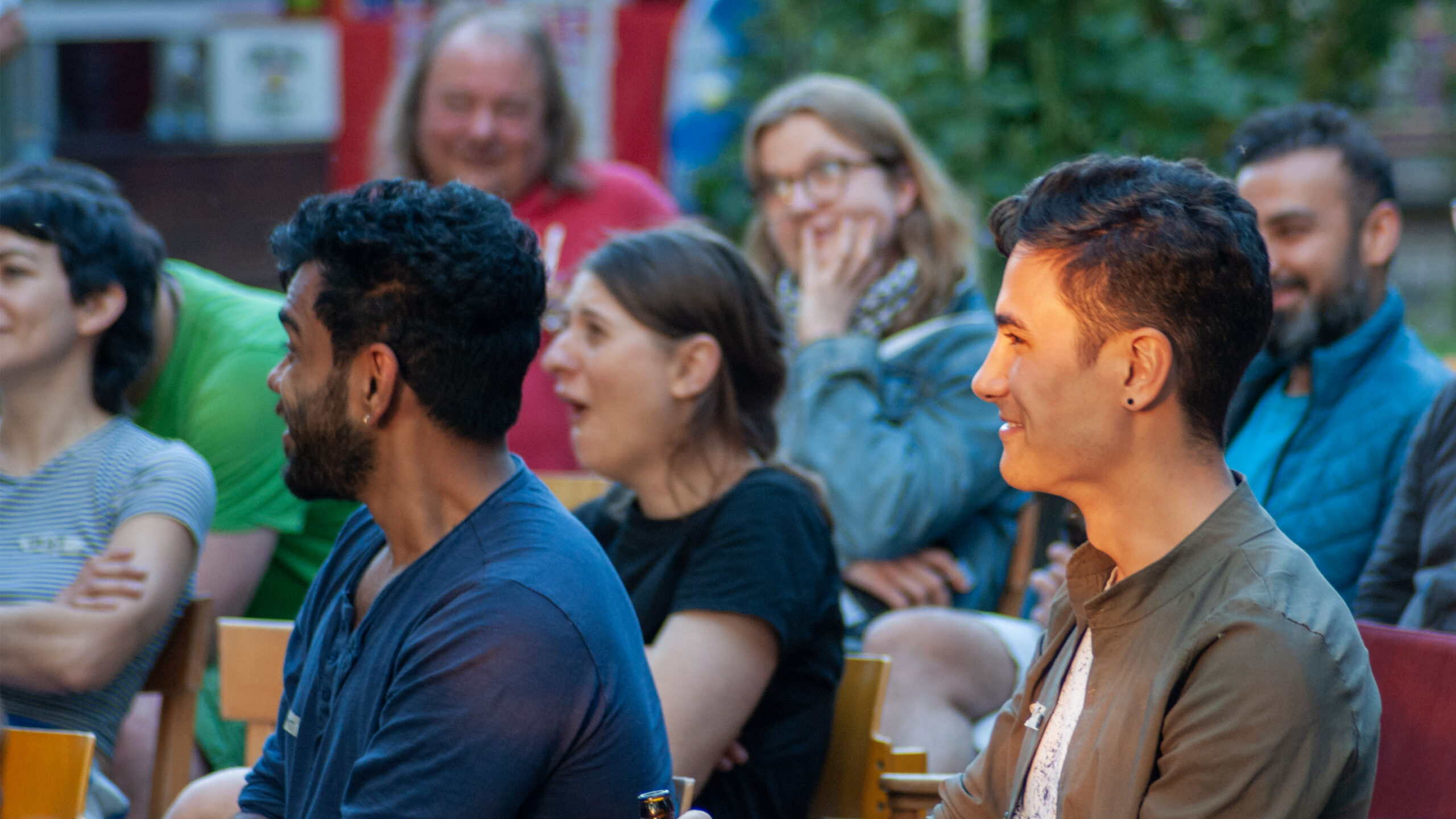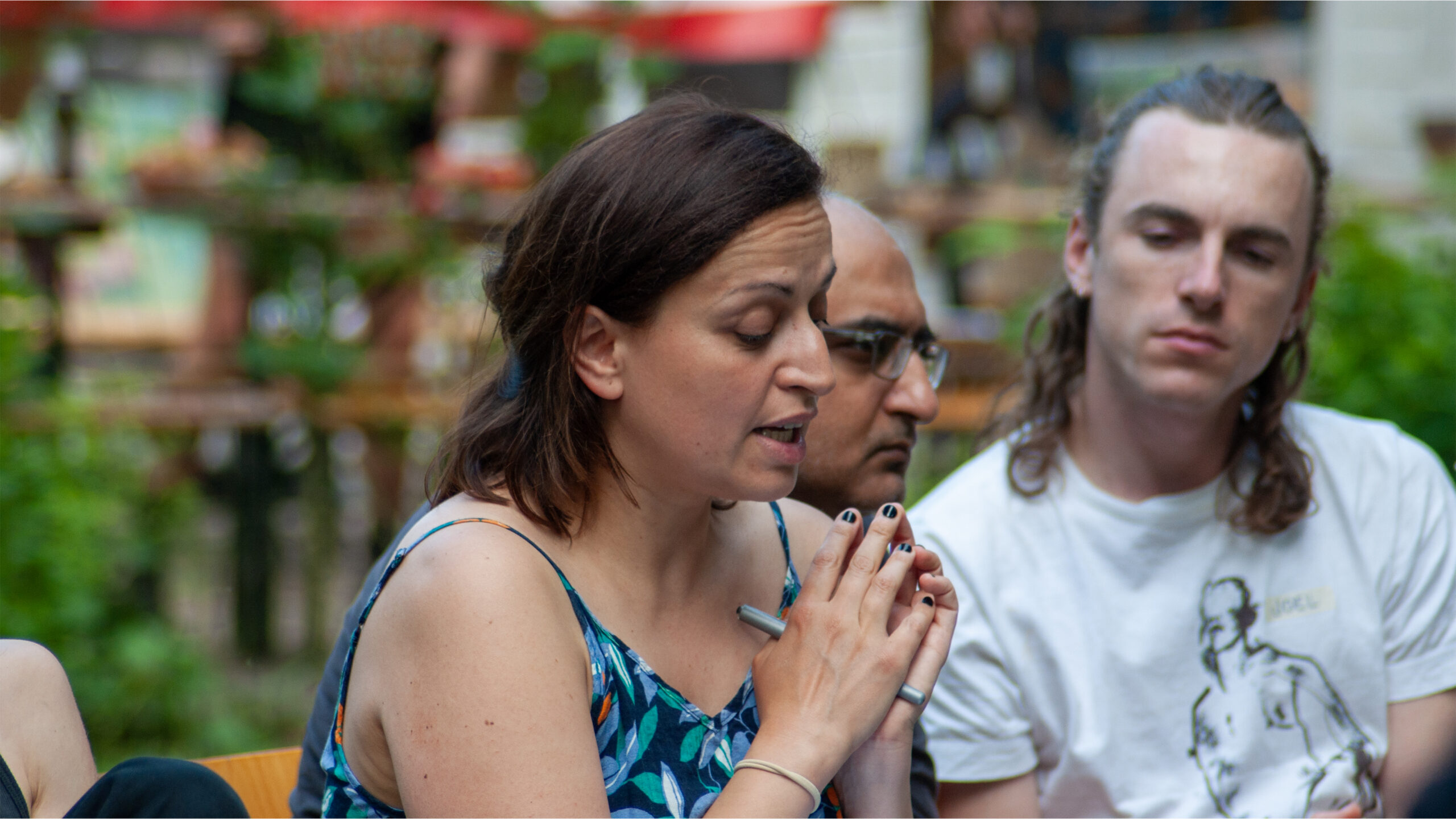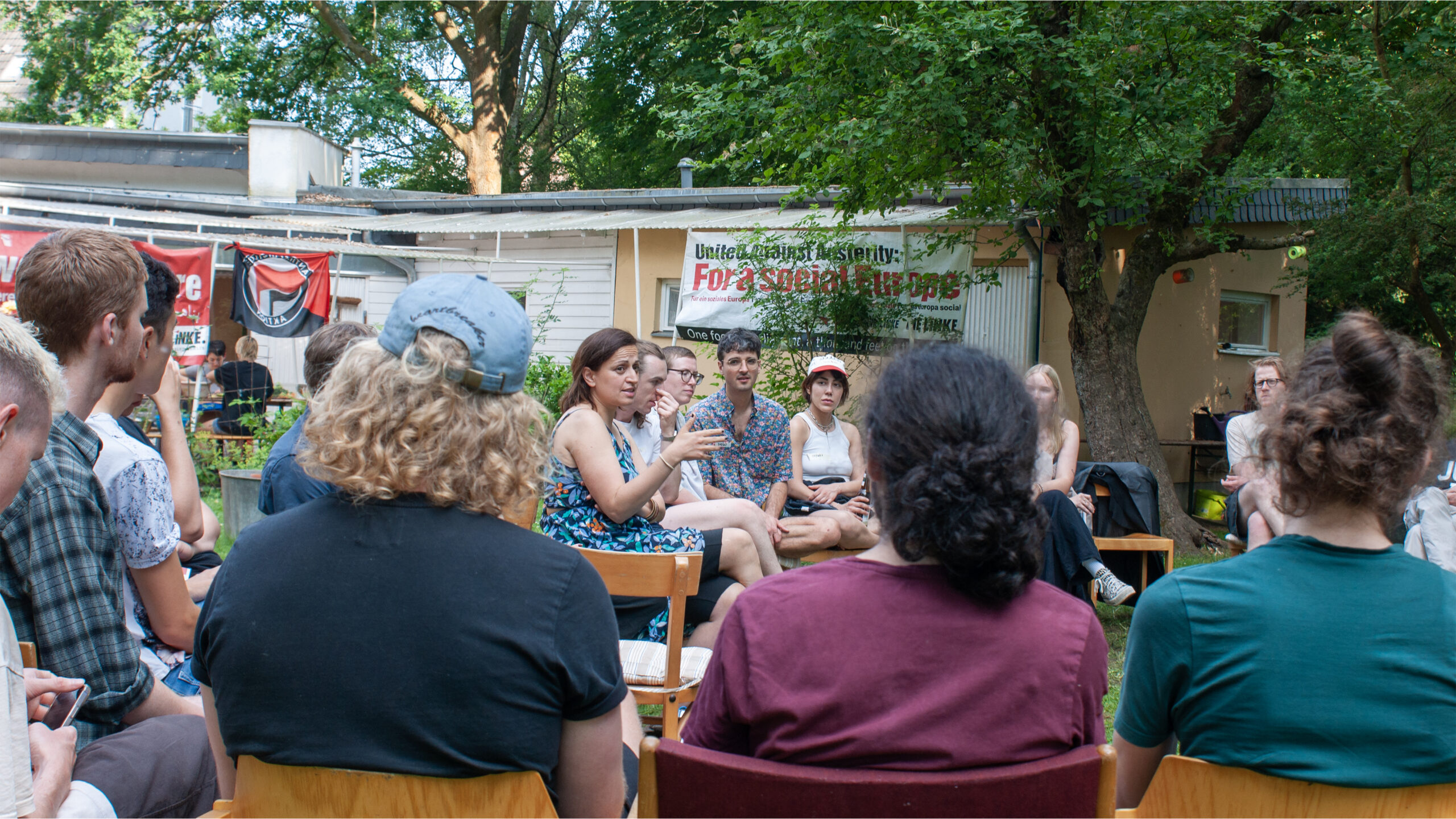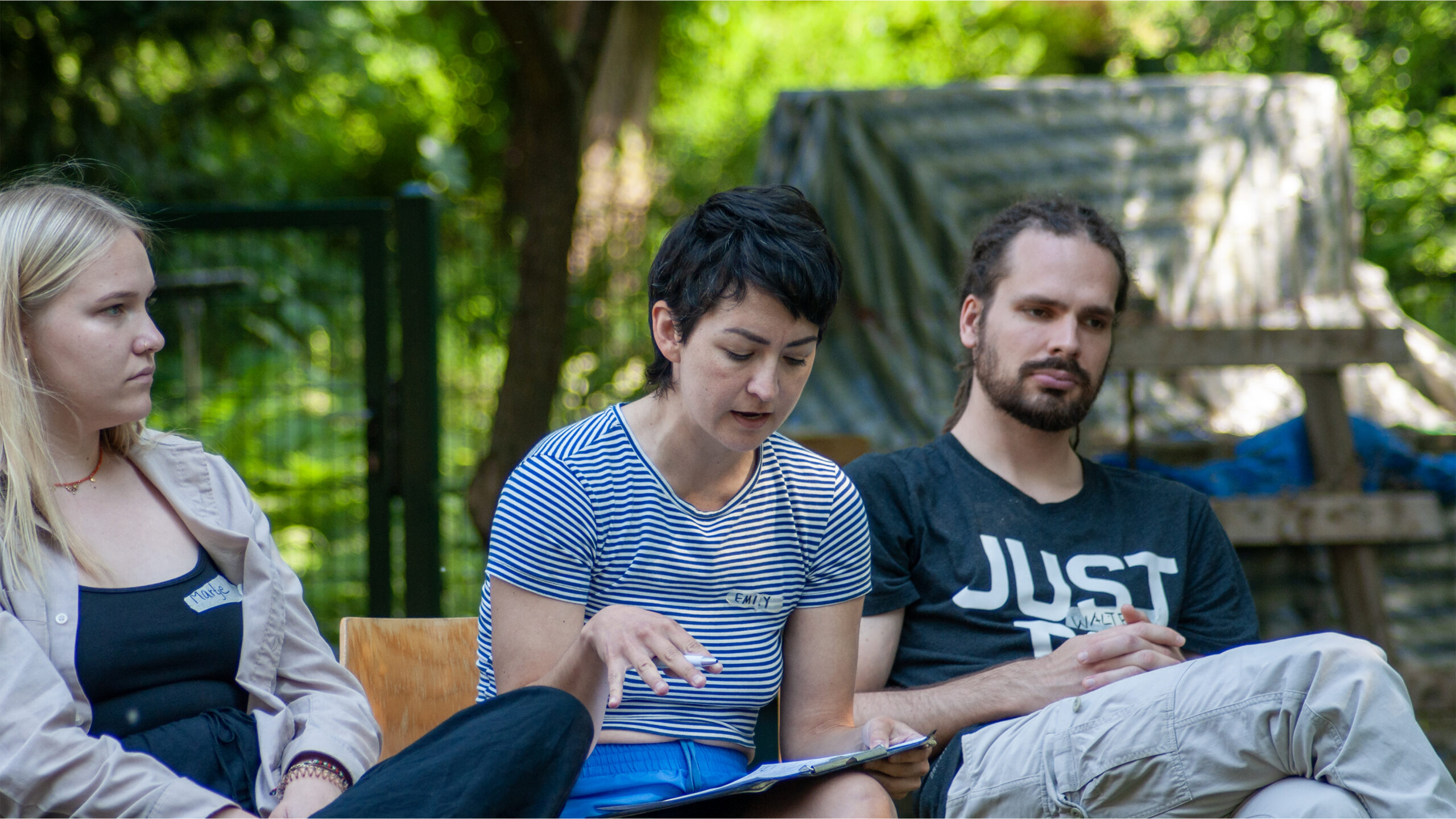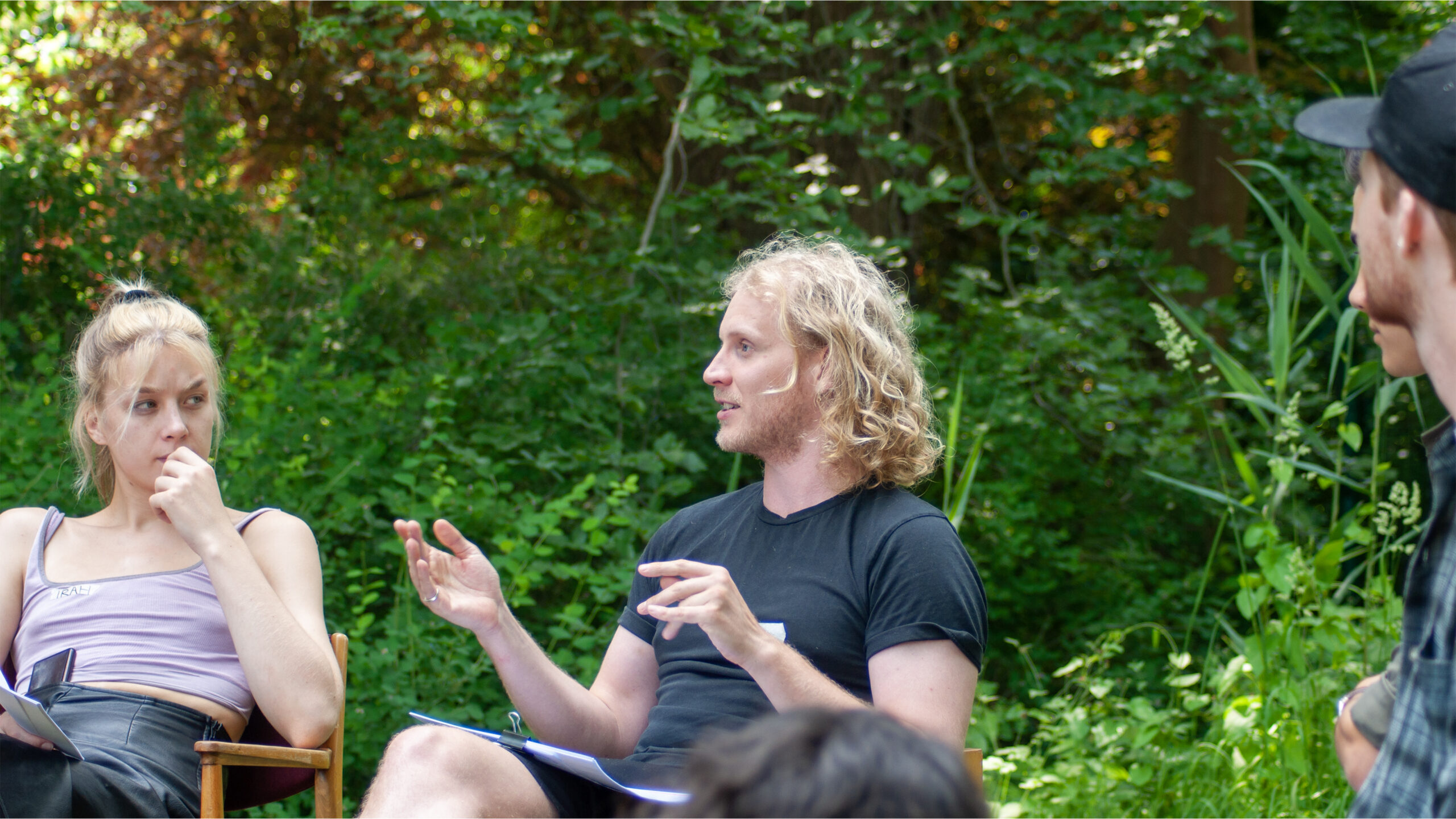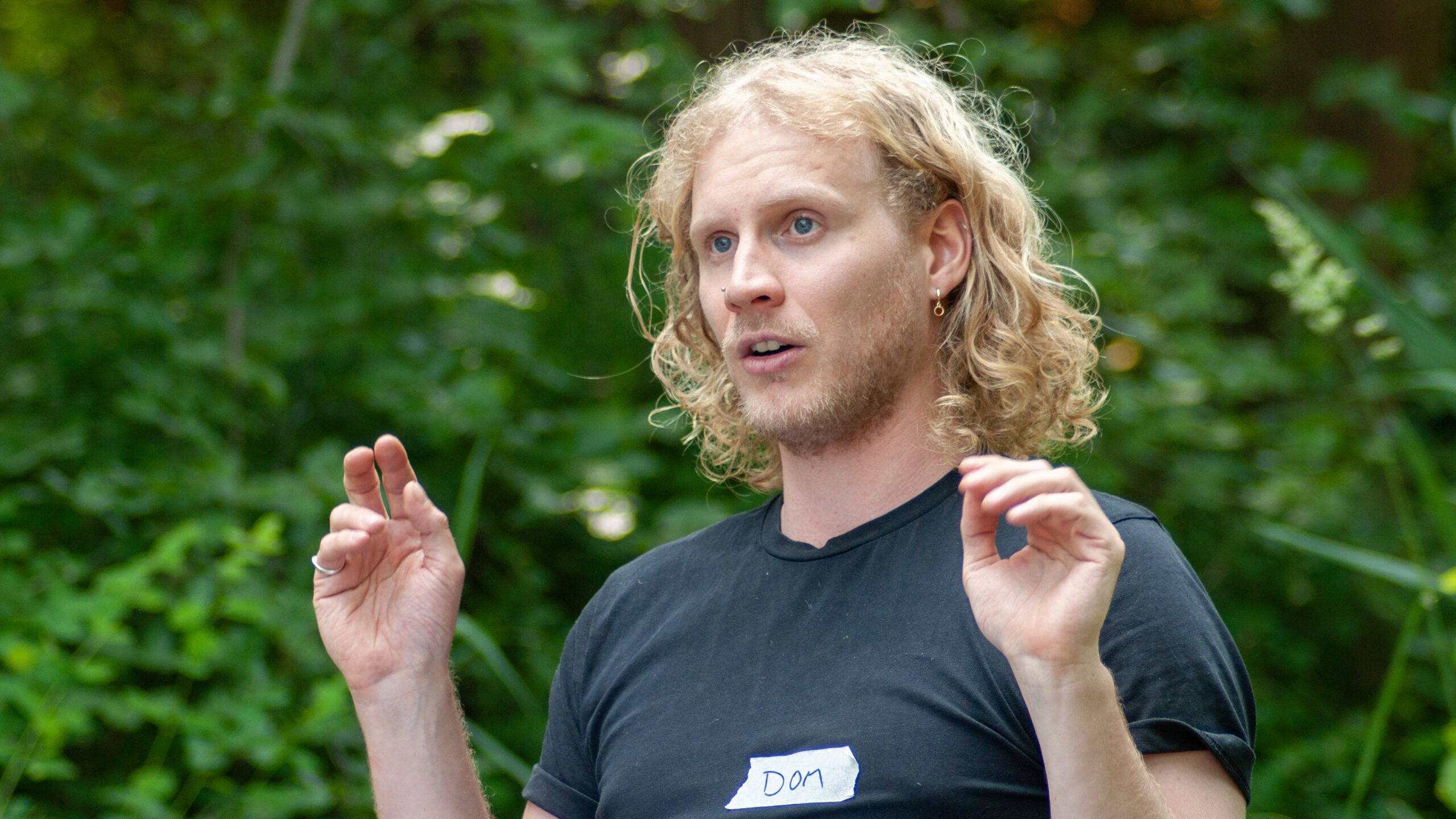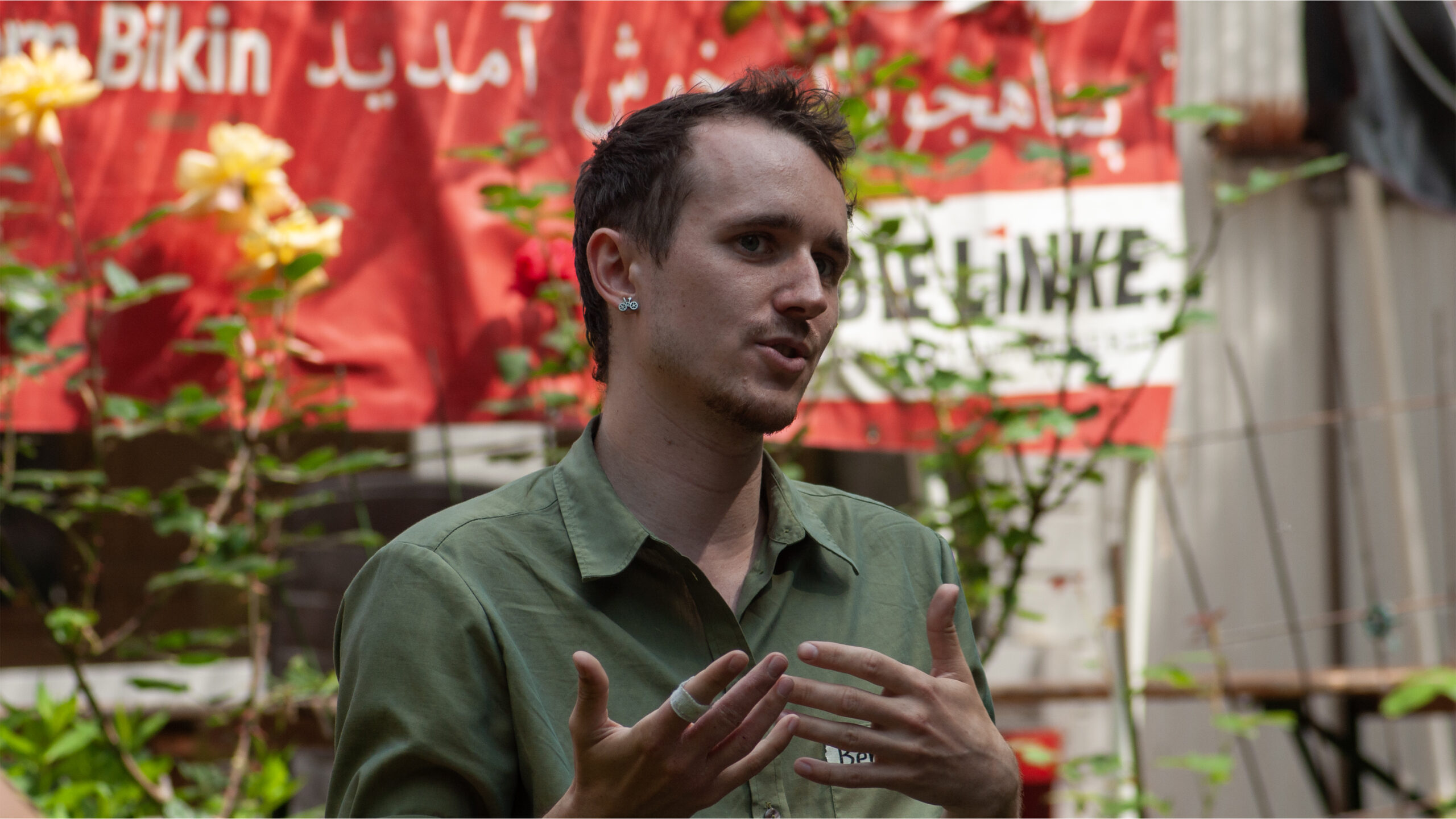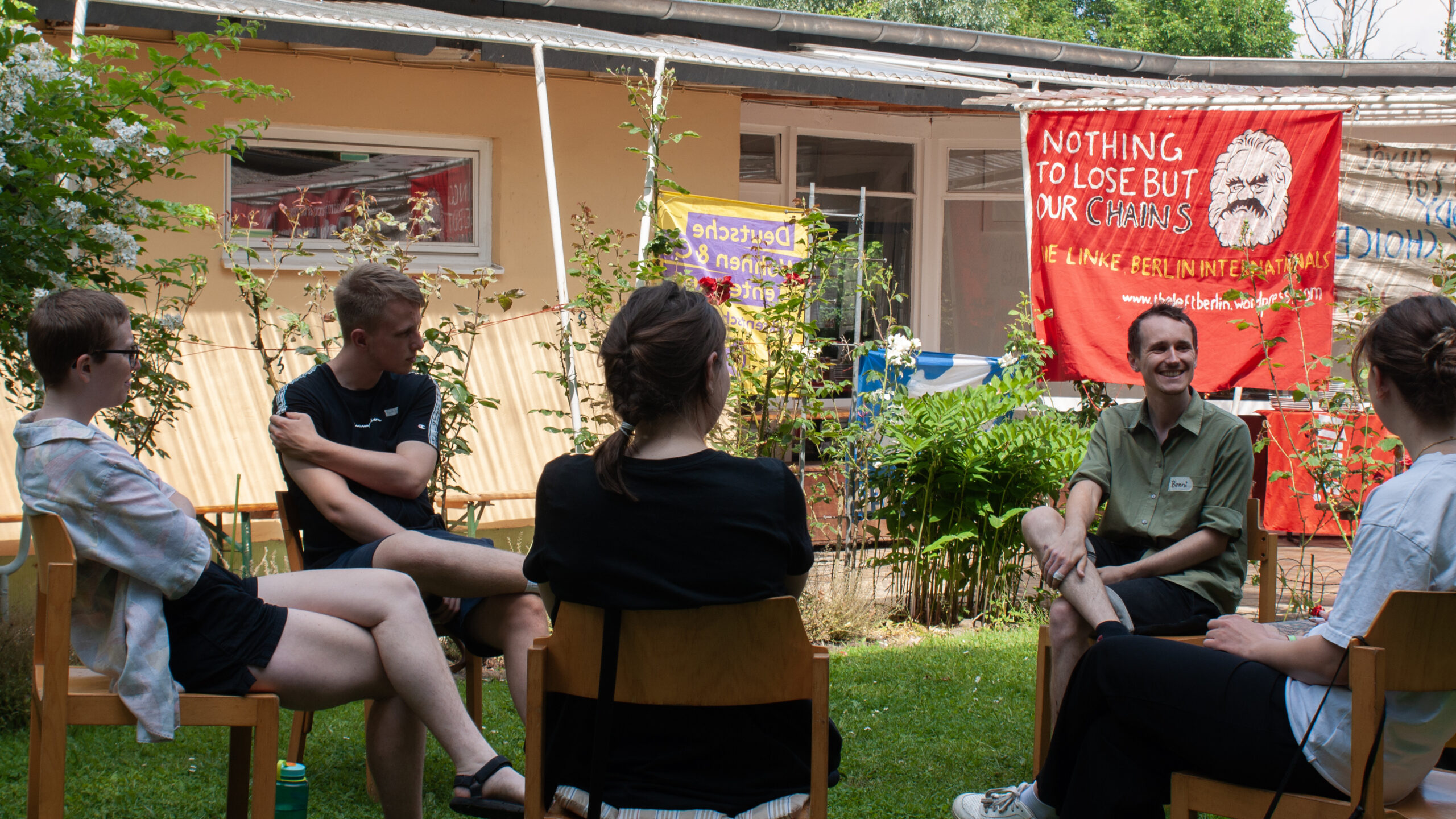Decolonise yoga
As a person of Indian heritage living in Germany and as a yoga teacher, I have often felt uncomfortable in yoga spaces, mainly as the promotion of yoga in the Western world predominantly features slender, white individuals, and is often reduced to a fitness regime. This perpetuates stereotypes and marginalises those who do not conform to this standard of beauty.
This is precisely why decolonising yoga holds significant importance for me and has sparked numerous discussions among both scholars and everyday yoga practitioners. However, these conversations often revolve primarily around the concept of cultural appropriation, neglecting to critically examine the politics of yoga and its use as a tool by the Bharatiya Janata Party (BJP). Meanwhile, a growing Hindutva narrative seeks to assimilate all aspects of yoga into a singular interpretation of Indian heritage. The most prominent element of this discourse is marred by saffronisation, which wrongly assumes that terms as multifaceted as “yoga” can be definitively defined or exclusively owned by diverse cultures like global Hinduism.
The practice has been subject to political manipulation, particularly by the BJP and its leader, Prime Minister Narendra Modi, and the lack of criticism from the West, which often blinds itself to the political undertones due to its avid embrace of yoga practices. This will be on full display on 21st June, during the International Yoga Day ceremony at the United Nations Headquarters in New York.
The Politicisation of Yoga: Stretching Boundaries and Flexing National Identity
Under the BJP government, yoga has been actively promoted as a symbol of Indian culture and national identity. While this promotion may seem harmless on the surface, it carries underlying political implications. The BJP’s obsession with yoga fits right into their agenda of promoting Hindu nationalism, a regime that emphasises Hindu dominance while marginalising minority communities. As a result, yoga propels the socio-political climate of caste exclusion throughout India.
One of the most remarkable spectacles of whitewashing India’s crimes is the International Day of Yoga. Proposed by Modi at the United Nations in 2014, this day aims to showcase India’s cultural and religious heritage. But hey, it’s not just about downward dogs and sun salutations; it serves as a subtle reminder that India is a Hindu-majority nation, providing the BJP with a platform to flaunt its political prowess.
Strike a Pose, Strike a Vote
These events often feature a significant presence of BJP leaders and party symbols, blurring the line between religion, politics, and yoga practice. Critics like Sheena Sood, Mark Singleton, and Prinita Thevarajah argue that yoga creates a sense of exclusion for religious and cultural minorities in India. Similarly, during the last Lok Sabha elections in 2019, Modi meditated for 17 hours in the Himalayan cave of Kedarnath temple…with room service (with WiFi, telephone, electricity, and a toilet with basic facilities) and a camera crew—yoga PR at its best.
This year on June 21st, 2023, PM Modi will once again lead Yoga Day celebrations at the UN Headquarters in New York, showcasing this spectacle on a global stage in front of an audience of 2,000 people, including diplomats, policymakers, and members of the Indian American community.
Modi and BJP’s actions contradict the fundamental teachings of yoga and its Yamas and Niyamas (the moral and ethical guidelines of yoga that practitioners strive to live by) such as Ahimsa (non-violence), as everyday atrocities against minorities by the so-called Gau Rakshaks (cow protectors) are constantly reported in India. Further, Yogi Adityanath, despite being associated with the term “Yogi,” has been a controversial figure due to his promotion of hate speech. As the Chief Minister of Uttar Pradesh, one of the largest states in India, Adityanath holds significant influence and power. However, his inflammatory rhetoric and divisive statements stand in stark contrast to the principles of yoga.
Away from home, India continues to form alliances with other right-wing leaders such as Benjamin Netanyahu. As mentioned in the new book by Azad Essa, the state of Israel has increasingly become a cornerstone of India’s foreign policy, and Modi has drawn inspiration, as well as received military and technical support, through this strong bond.
Western Yoga Love: Bend, Twist, and Turn a Blind Eye
Ah, the West—yoga studios on every corner and Lululemon-clad enthusiasts striking warrior poses. But wait, where’s the criticism? It seems that Western yogis are too busy finding their inner zen to notice the whitewashing of crimes.
Many Western practitioners view yoga as a purely personal and spiritual pursuit, detached from its socio-political context. This lack of scrutiny may stem from a limited understanding of Indian politics and cultural dynamics and an inclination to appreciate the positive aspects of yoga without delving into its complexities. Additionally, the commodification of yoga in the West has created a commercialised industry, according to a market research firm is expected to generate $66.22 billion by 2027. [1] This focus on physical fitness and wellness often overshadows the political implications associated with its practice in India and Modi’s curated PR campaign.
Moreover, the Western perception of Modi as a proponent of yoga and a charismatic leader often hinders substantial criticism of his political actions. Modi’s charismatic image and his alignment with yoga practices contribute to selective blindness among Western followers, who may overlook the political motivations behind his policies and the BJP’s agenda. [2] In other words, “Yoga establishes Modi as a wise elder, rather than a supremacist authoritarian, and exceptionalises India in the eyes of the world” wrote Azad Essa.
We must reclaim Yoga:
As much as decolonising yoga requires us to question white supremacy, cultural appropriation, the stark absence of inclusivity, and the lack of BIPOC teachers in studios, it also must untangle it from the political web woven by the BJP and Modi. Appropriation can arise from various sources of power, whether the Hindu nationalist appropriation of yoga or the Western white supremacist capitalist one. Neither one takes precedence over the other, instead, they form a worrisome and detrimental feedback loop.
Western practitioners should open their third eye to the political implications and engage in critical dialogue. It’s time to strike a pose against political exploitation and create a yoga community that celebrates diversity, questions authority, and bends only in pursuit of justice and genuine well-being. Looking at yoga through an intersectional lens, we must establish inclusive and safe environments that embrace individuals with physical disabilities as well as the LGBTQIA+ and QTBIPOC communities, as yoga is for everybody.
Remember, in the quest for decolonising yoga, our mats can become platforms for activism, our breath a call for change, and our movements expressions of resistance. Together, let us dismantle the chains of appropriation, reclaim the essence of yoga, and foster a space where everyone can find liberation on and off the mat.
Footnotes:
[1] Allied Market Research, the yoga industry generated $37.46 billion in 2019 and is expected to generate $66.22 billion by 2027.
[2] Western Perception and Lack of Criticism: Scholarly articles and books that analyse the Western fascination with yoga and its potential blinding effect when it comes to the political exploitation of yoga in India. For example, Matthew Remski’s book, “Practice and All Is Coming: Abuse, Cult Dynamics, and Healing in Yoga and Beyond,” delves into these issues.




